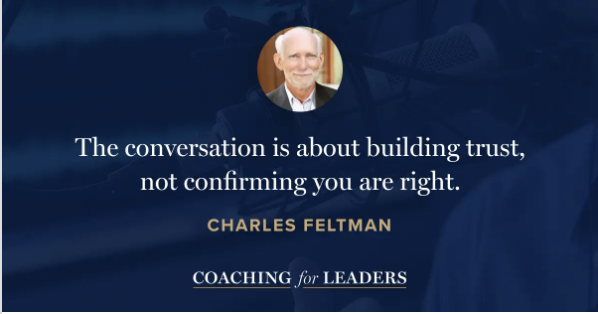Many of my clients think about prestige as they evaluate their career options and goals. They care about the reputation they’re establishing, and the culture and growth potential of organizations they might join. Prestige is one of the factors in evaluating those things. But how much should they weigh prestige? What if something less prestigious also appeals?
My thinking has been influenced by two essays I read years ago. They’re quite different, and I see truth in each one. I think smart people can benefit from trying on each frame, to see what’s applicable to their life — and considering the choices others make with these perspectives in mind.
Paul Graham’s 2006 essay How To Do What You Love touches on many aspects of career decision-making. He’s sharp about prestige:
You shouldn’t worry about prestige. Prestige is the opinion of the rest of the world. When you can ask the opinions of people whose judgement you respect, what does it add to consider the opinions of people you don’t even know? ….
Prestige is like a powerful magnet that warps even your beliefs about what you enjoy. ….
If you want to make ambitious people waste their time on errands, the way to do it is to bait the hook with prestige. That’s the recipe for getting people to give talks, write forewords, serve on committees, be department heads, and so on. It might be a good rule simply to avoid any prestigious task. If it didn’t suck, they wouldn’t have had to make it prestigious.
Similarly, if you admire two kinds of work equally, but one is more prestigious, you should probably choose the other.
(It may or may not be worth noting that at the time he penned that essay discounting prestige, Graham had earned two degrees from Harvard and one from Cornell. He’d sold a startup to Yahoo! and had co-founded a venture capital firm alongside some other Harvard grads.)
Contrast that with Tressie McMillan Cottom’s 2013 essay The Logic of Stupid Poor People. She’s focused on clothing as class signal, but her larger point is about how essential “the opinions of people you don’t even know” can be.
Something about my mother’s performance of respectable black person — her Queen’s English, her Mahogany outfit, her straight bob and pearl earrings — got done what the elderly lady next door had not been able to get done in over a year. I learned, watching my mother, that there was a price we had to pay to signal to gatekeepers that we were worthy of engaging. It meant dressing well and speaking well.
Gatekeeping is a complex job of managing boundaries that do not just define others but that also define ourselves. Status symbols — silk shells, designer shoes, luxury handbags — become keys to unlock these gates. If I need a job that will save my lower back and move my baby from medicaid to an HMO, how much should I spend signaling to people like my former VP that I will not compromise her status by opening the door to me?
Both Graham and Cottom seem to agree that the status symbol isn’t a true signal of quality. It’s a surface level designator, important for strangers who don’t have time or interest in a deep understanding of the person underneath.
I’ve advised dozens, maybe hundreds of people, choosing between graduate school options. Often the choice is between a generous scholarship offer at a less-prestigious school, or more debt at a higher-ranked school. “Prestige opens doors,” I tell people facing this dilemma. “And debt closes doors.” Then we talk about what tradeoffs each path might hold for them, given their goals and background.
We all make snap judgments about others, based on looks, clothes, and affiliations. We think about how we want others to perceive us, because for most of us, there are gatekeepers between us and interesting opportunities. But we also know that chasing the opinions of others can be elusive and unsatisfying. Cultivating the self-awareness to recognize which call to follow at each fork in the road is a life’s work.
When we become gatekeepers ourselves, it’s worth another look at both essays. How do we decide who’s worth considering? Who are we dismissing, and who might we be missing with those heuristics?


